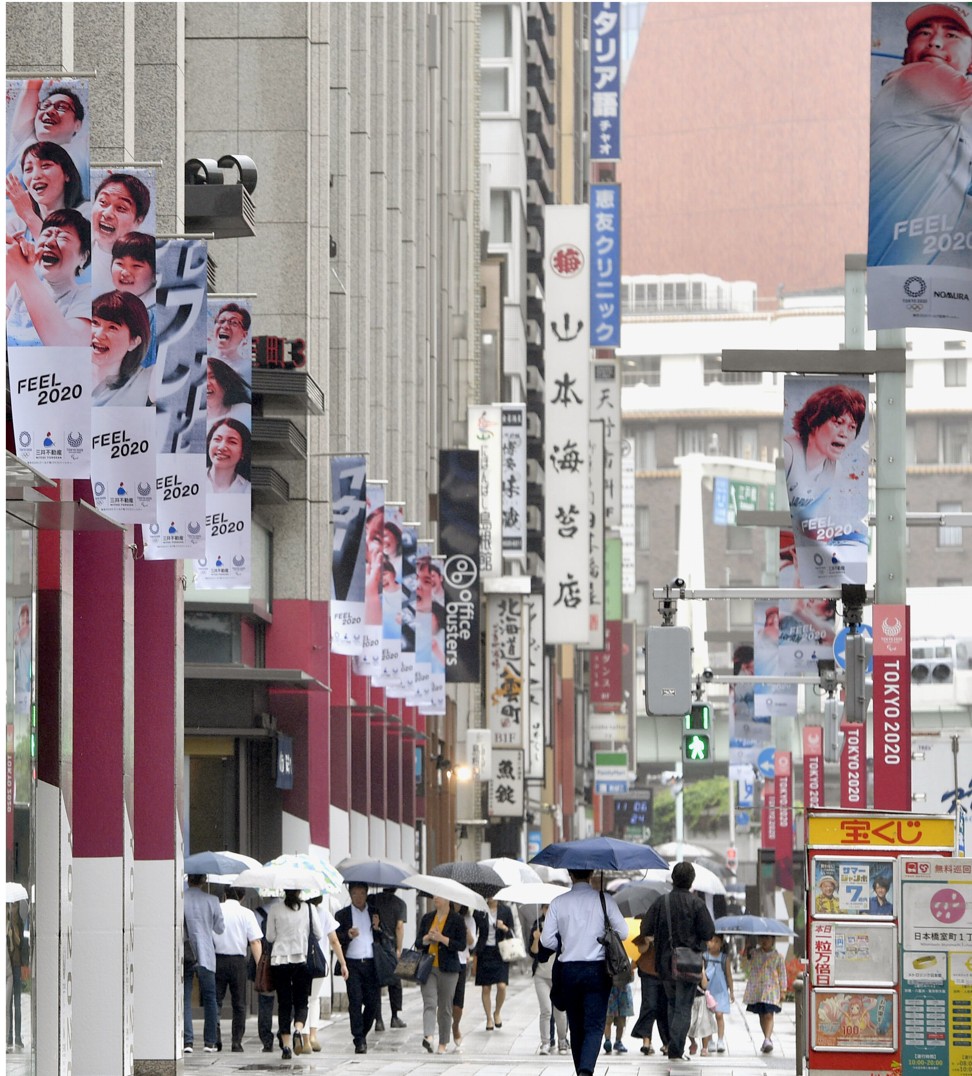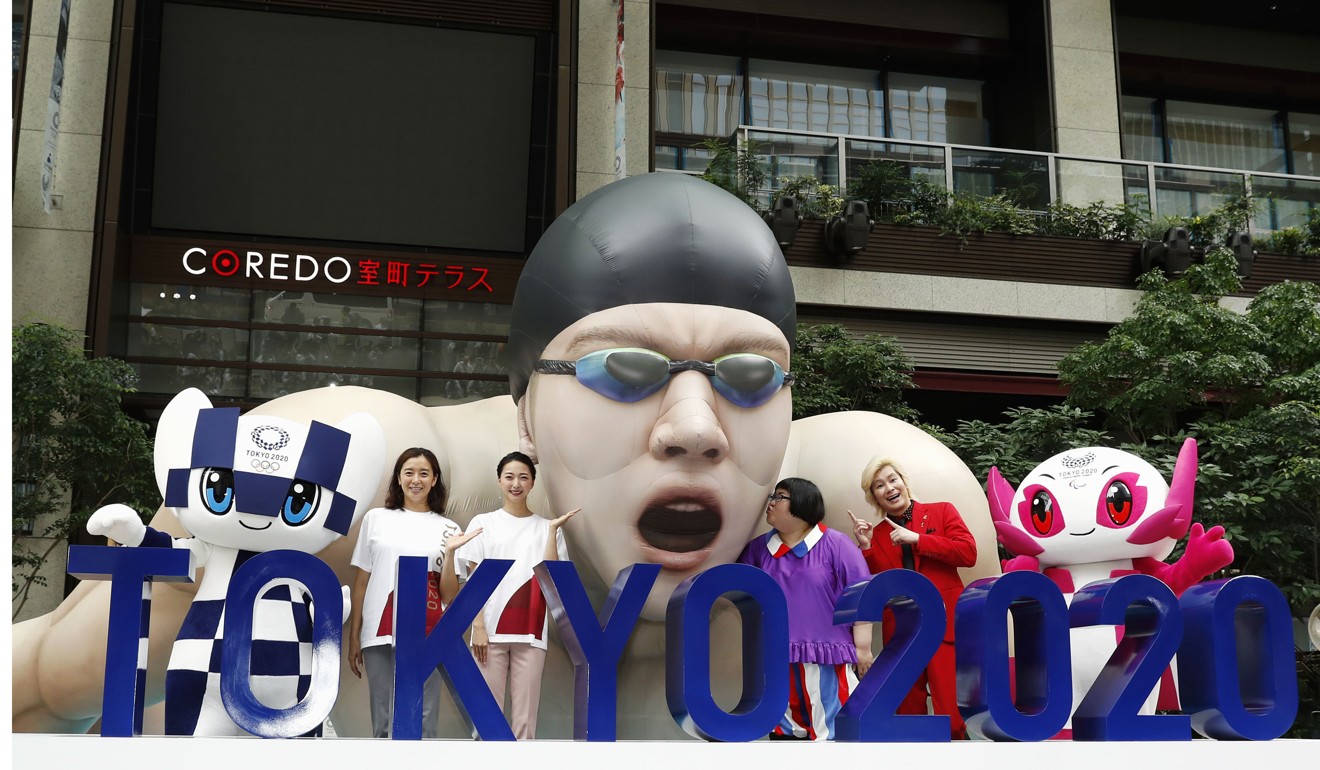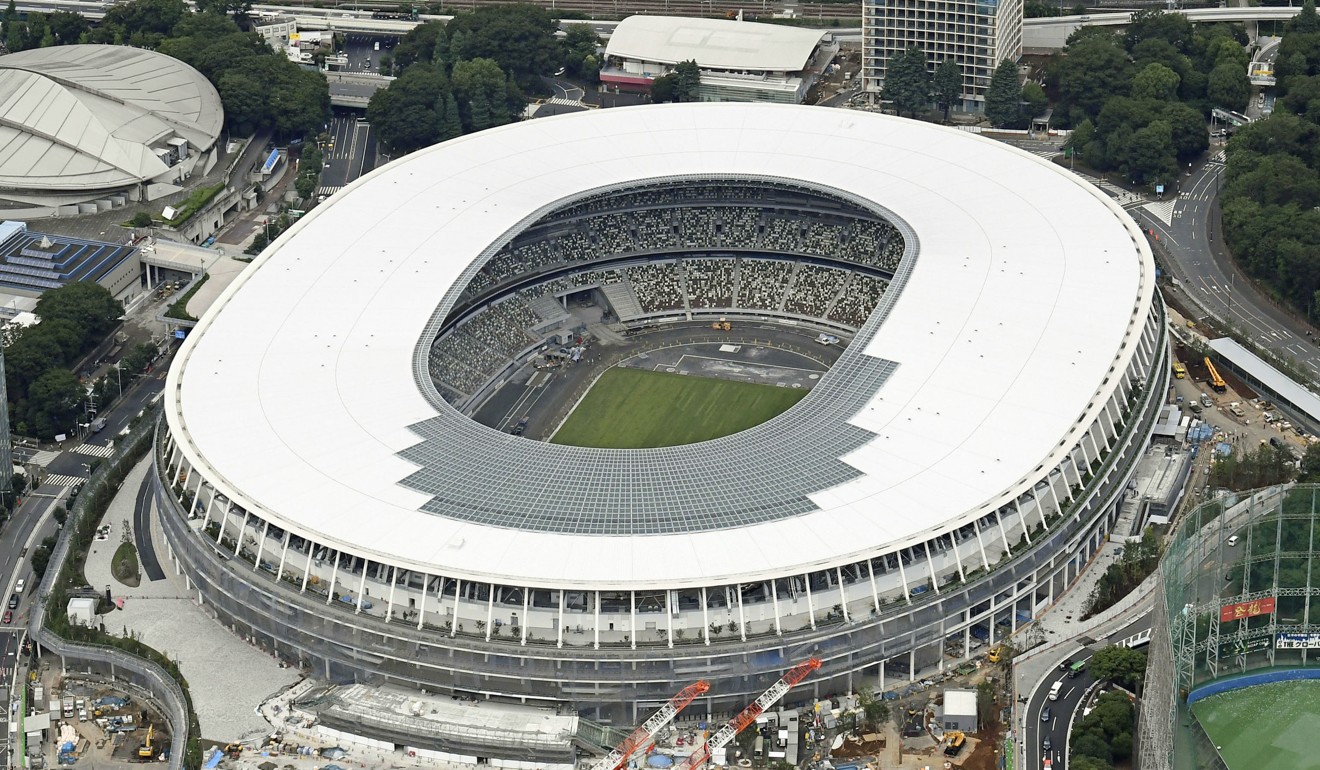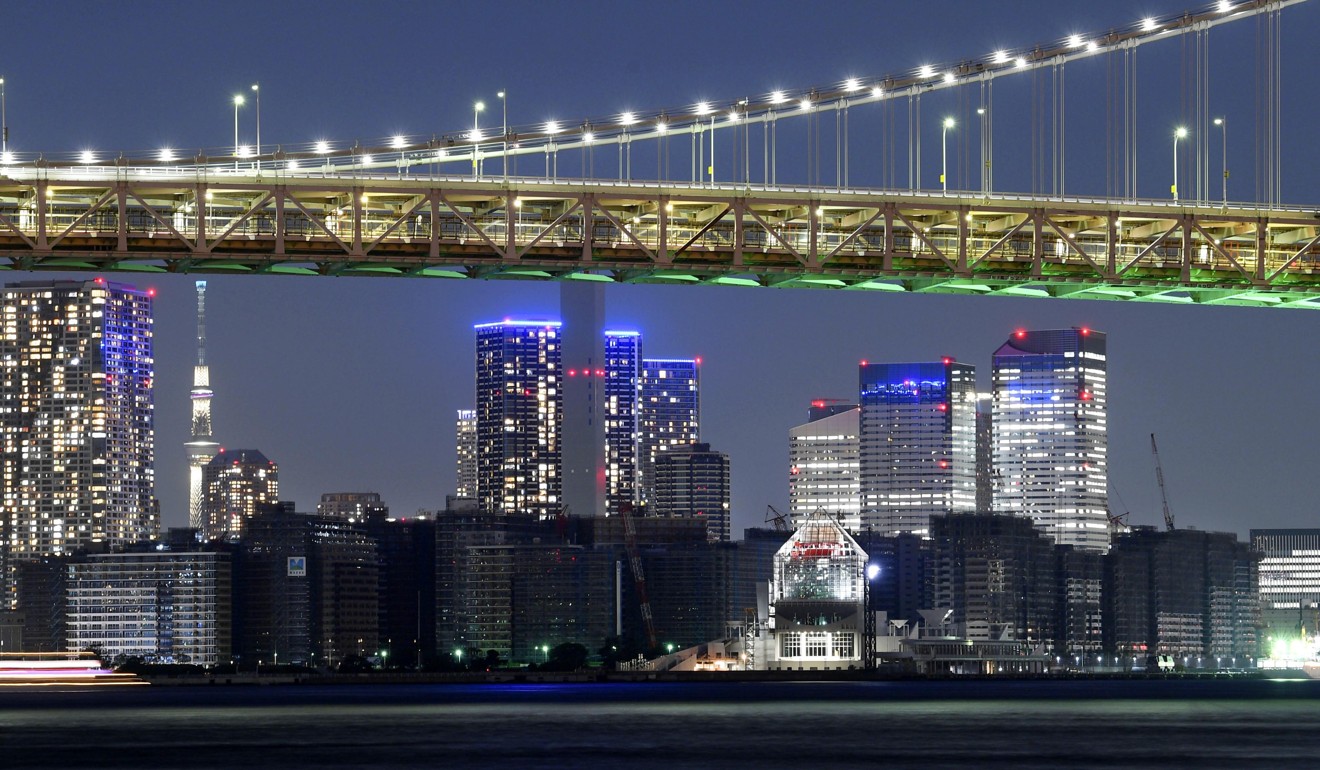
2020 Olympics one-year countdown: Tokyo already bursting at the seams and boiling over
- Organisers hurrying to alleviate potential flashpoint a year out from opening ceremony
- Sweltering heat and gridlocked traffic are the main issues

It was the perfect antidote for the International Olympic Committee (IOC). Three years out from the 2016 Summer Games in Rio de Janeiro, a myriad headaches were already mounting in Brazil. Craving stability, IOC delegates gathered at their 2013 congress to choose between Tokyo and Istanbul for the 2020 host. “Tokyo can be trusted to be the safe pair of hands and much more,” Japanese IOC member Tsunekazu Takeda told his fellow delegates, who agreed by awarding the Games to the country’s capital.
One year out from the official lighting of the Olympic torch at New National Stadium, those hands are trembling slightly.
While the projected budget of US$7.3 billion has reportedly soared to triple that amount, organisers were left scrambling when both the Games logo – because of a protracted copyright suit – and the original stadium design had to be scrapped. Meanwhile, traffic and health agencies in Tokyo have long been warning of paralysing gridlock and fatal temperatures during the Games, particularly on the back of the record heatwave in 2018 that left 96 people dead in the capital.

Searing weather and traffic snarls, however, are a hallmark of virtually every Summer Olympics. So too, sadly, is corruption and in perhaps the most damning pre-Olympic development, the president of the Japan Olympic Committee, Takeda himself had to resign amid an ongoing corruption probe over pay-offs to secure the bid. Despite all that, the Games still have a chance to make a positive and dramatic impact on the future of a country desperately in need of one.
As Tokyo and Japan prepare to welcome the world next summer, the world is more than willing to accept the invitation.
Despite being the largest metropolitan area on the planet, with over 32 million people, Tokyo is much less claustrophobic than Hong Kong and, other than on the rush-hour subway trains, it does not feel oppressively crowded. All of that will change dramatically during the Olympics as organisers are expecting upwards of 10 million foreign visitors. According to global travel agents and ticket agencies, the demand for flights to Japan and tickets to Olympic events is unprecedented.

“This is probably going to be the most popular Olympics, and one of the most popular events of all time,” Ken Hanscom, the chief operating officer of TicketManager, told AP. Most global travellers who skipped Rio in 2016 because of the perception of inherent chaos had their eyes firmly fixed on the safety, efficiency and exoticism of Tokyo 2020. On the domestic front, millions of Japanese who were also planning on attending lost out on the first public ticket lottery in June.
“The demand from the general public far exceeded our expectations,” according to Olympic spokesperson Masa Takaya, who added that it was a good problem to have and that organisers will hold a second-chance lottery in August.
As tough as it may be to get tickets, finding a bed will be even more difficult. Despite a recent hotel building boom, there’s no way there will be enough rooms to accommodate more than 10 million visitors. Still, that has not stopped the hotel sector from summoning all its political capital to help push through highly restricted measures against residential rental groups, like Airbnb. Organisers are now looking at bringing cruise liners into Tokyo Bay to help alleviate the shortage.

The Games venues will be divided into two main zones: the Tokyo Bay Zone and the Heritage Zone. The Tokyo Bay zone will feature mostly new buildings while the Heritage Zone is home to not only the New National Stadium, but a number of facilities that were originally used in 1964, like the iconic Budokan which hosted the first ever Olympic judo competition. Heritage is obviously a huge factor, considering the previous Tokyo Summer Games held in 1964 were the impetus for relaunching and rebuilding Japan after the decimation and damage from the second world war.
The ’64 Olympics also positioned Japan at the vanguard of technology when the Shinkansen (bullet train) was launched nine days before the Games began. Tokyo 2020 also promises to be a seminal moment in Japanese technology with the introduction of robots to help assist spectators and staff during the Games. Organisers are anxious to fulfil their aim to make these Games “the most innovative in history” by employing both a Human Support Robot (HSR) and Delivery Support Robot (DSR). The HSR is a one-armed robot that works in unison with the DSR and will be used to serve food and drinks in some of the track and field venues.

All of this begs a simple question: why? Anyone who has been to a baseball game in Japan can attest to the efficiency and congeniality of the legion of “beer girls”, who roam up and down the aisles with space-age draught beer packs strapped on their backs. Their enthusiasm is not only genuine and infectious, it perfectly encapsulates Japanese hospitality and, at the end of the day, it will be the people, not the machines, who define Tokyo 2020. More than 200,000 applied for 80,000 unpaid volunteer jobs and, according to many, the reason was to convey the spirit of omotenashi, Japan’s unique brand of hospitality. Yes, it will be hot and crowded and the budget overruns and lack of accommodation will cause headaches, but one year out, it’s heartening to know organisers need not worry about their most important resource: the people.